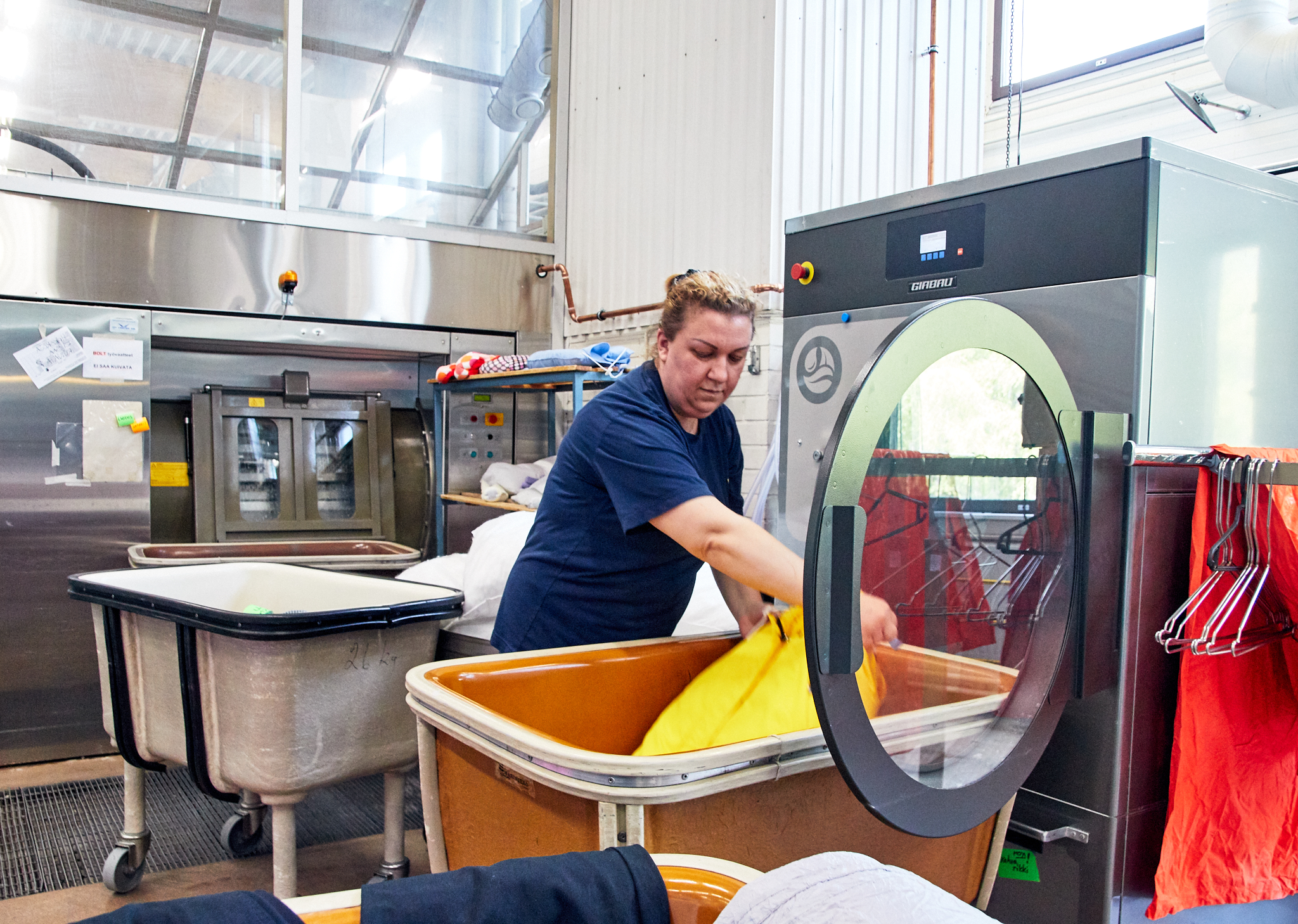
Diverse Talents
The Diverse Talents – diversity to the labour market project promotes the employment of foreign-language speakers and increases the employers’
readiness for recruitment, receptiveness and expertise in issues related to diversity. Also, it addresses the labour shortage in the capital region.
The number of refugees and immigrants is increasing in European capitals. In the upcoming years, in the capital region, there will be even a greater need for quick ways to employ and integrate those who have just moved to the country.
Many educated immigrants do manual work, although at the same time many companies suffer from labour shortages. The shortage is highlighted in the capital region’s big cities, and especially asylum seekers and refugees are too often employed in jobs that do not match their professional skills. The Diverse Talents project answers the challenges by offering services to 500 immigrants and cooperating with 50 companies. As a result of the project, 150 immigrants will be employed in positions matching their skills while companies will receive new types of support.
The main goal of the project is to develop new operating models, especially for the employment of immigrants who have recently settled in the capital region. The special target group of the project is Ukrainians who are mainly outside of public services, as more than 50,000 refugees from Ukraine have applied for temporary protection or asylum in Finland, most of whom live in Uusimaa. Nevertheless, the project also regards immigrants without language skills or who are otherwise in need of personal support in their job search will also benefit from the services. The project supports the employment of Ukrainians and other immigrants in fields and professions that match their skills.
In addition, the project deals with racism in the Finnish labour market. The project creates a training model for companies and offers practical support for recruiting. The aim of the model, which deals with the themes of Diversity, Equality and Inclusion (DEI) in a way, is to encourage diversity in companies and to increase receptiveness and non-discrimination in workplaces at the grassroots level. On the other hand, the model also combats labor shortages and meets the needs of companies.

